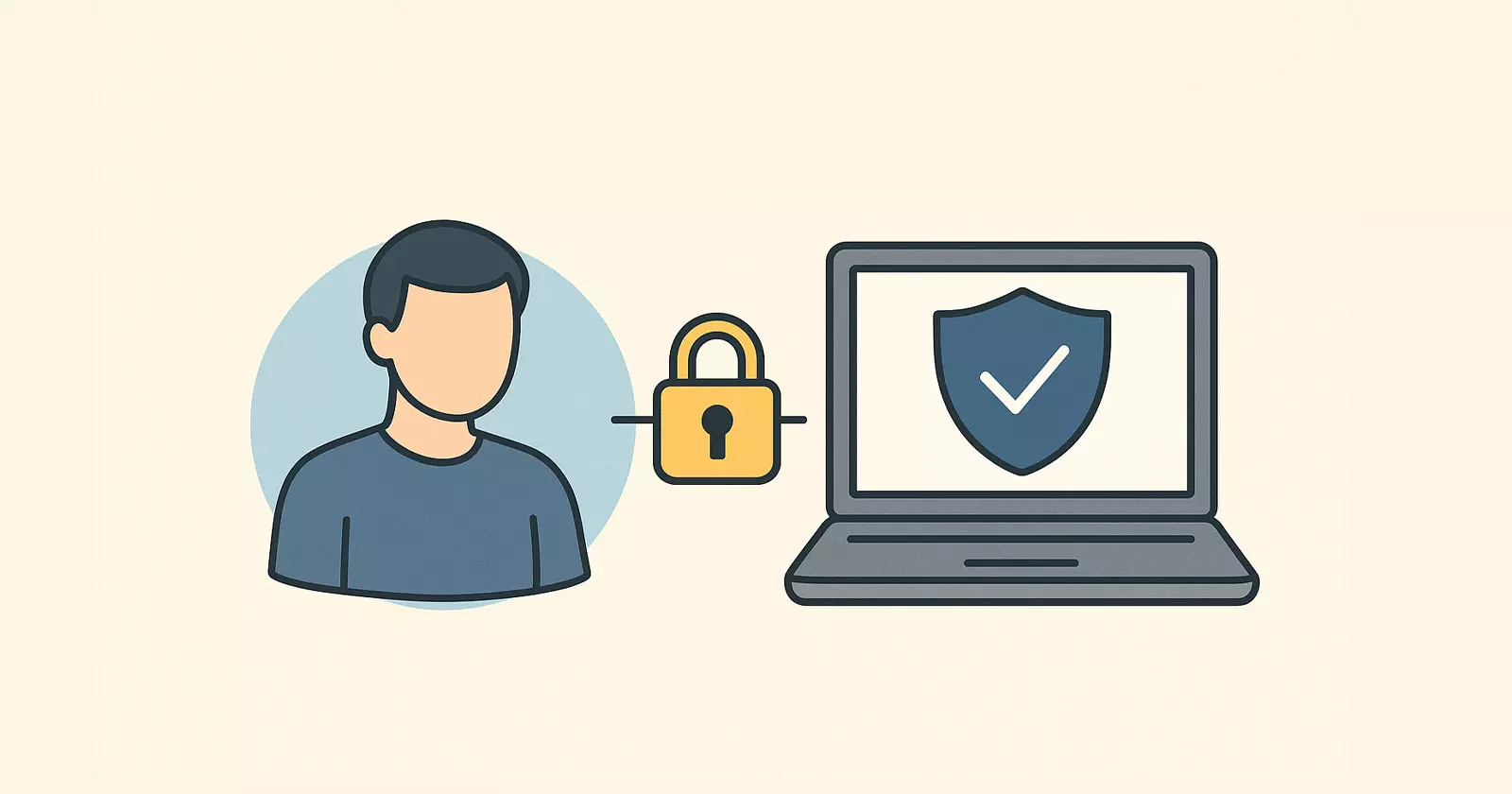Protecting Client Data Online: Why Tax Professionals Should Treat Their Browser Like a Firewall
For tax professionals, client data is more than just information on a screen. It represents trust, confidentiality, and reputation.

For tax professionals, client data is more than just information on a screen. It represents trust, confidentiality, and reputation. Every return, form, and statement contains sensitive personal and financial details that must be handled with care. Protecting those details now goes far beyond office walls. The browser itself has become part of the front line.
The Browser Is the New Office Door
With remote and hybrid work becoming the norm, many accountants and advisors log into tax systems from multiple networks. Some connections are secure, others less so. A single browser plugin, a misleading ad, or an unverified website can create an entry point for attackers.
Modern browsers open the world of information, but they also open potential doors to data leaks. Treating your browser like a firewall—something that guards rather than just connects—is essential.
Why Browser Security Matters
Most cyber incidents start with simple mistakes rather than advanced hacking.
Clicking on an unfamiliar link
Forgetting to sign out of a client portal
Using public Wi-Fi to access confidential files
Each of these can expose private records or give attackers a way in.
Steps for a Safer Browser Experience
Good security starts with small, consistent actions:
Keep your browser and extensions up to date.
Turn off features that save passwords or automatically fill forms.
Check that every page you visit begins with HTTPS.
Still, even these habits may not be enough when you’re working across public or shared networks. That’s where an extra layer of protection helps.
A Virtual Private Network (VPN) encrypts your internet traffic so that no one else can see what you’re sending or receiving. When you work on client tax files or upload sensitive documents, this encryption keeps the information private. Using one on browsers such as Chrome is particularly useful for professionals who access online systems daily.
To strengthen that protection, it’s smart to secure your Chrome browser with a VPN. It helps maintain confidentiality and stability, especially for remote teams handling financial data.
Building a Culture of Security
Technology alone can’t protect client data. Awareness and routine caution make the biggest difference. Safe digital behavior should be part of everyday work, not just a yearly reminder.
Provide short, regular training sessions on phishing, password safety, and new online threats. Open client files only on trusted networks and check the source of every shared document before downloading. Be careful with attachments or links, even when they look familiar.
When teams stay alert and communicate about risks, they catch problems early. A few careful habits can prevent serious breaches later.
Secure Tools, Stronger Trust
Client privacy is the foundation of any tax practice. As work moves further online, the browser has replaced the office door, and keeping it locked matters just as much.
Security today isn’t about complex systems—it’s about consistent awareness and reliable tools. A secure connection isn’t just a technical upgrade; it’s a professional duty that keeps client trust intact.


